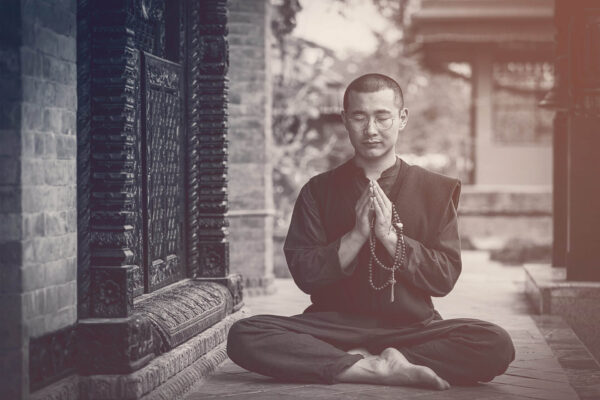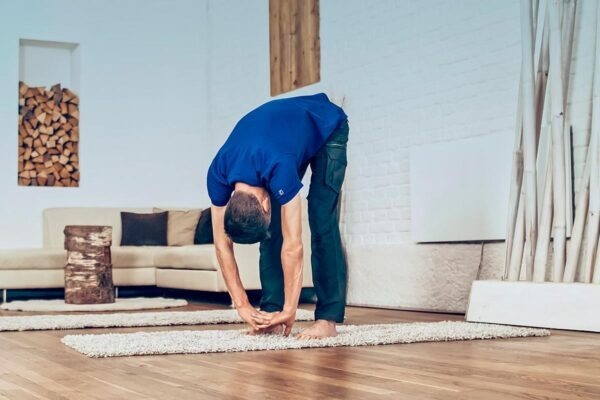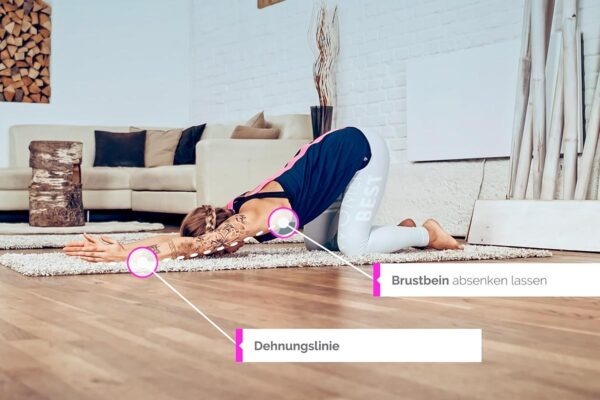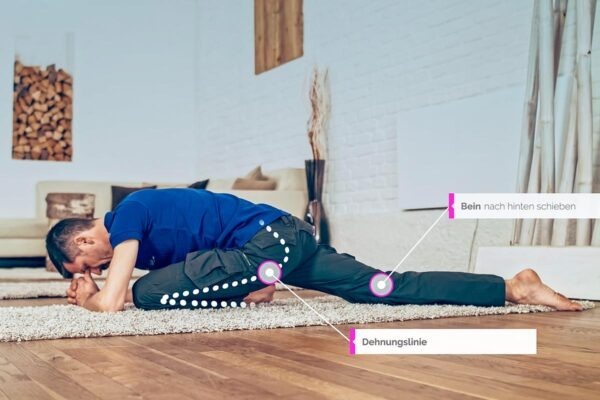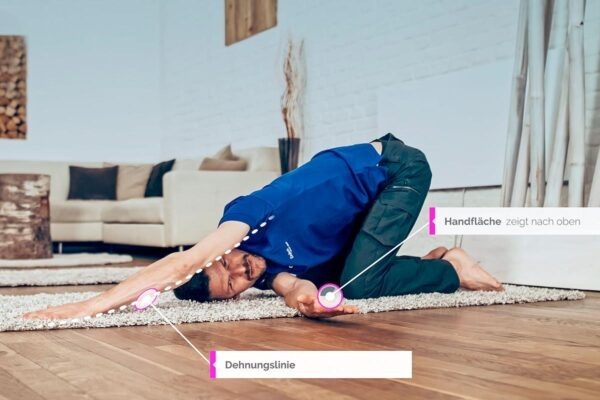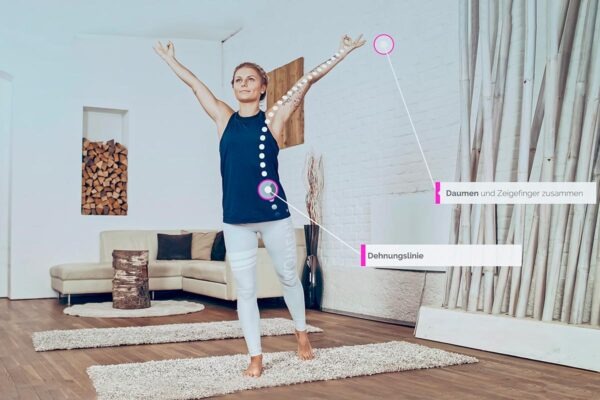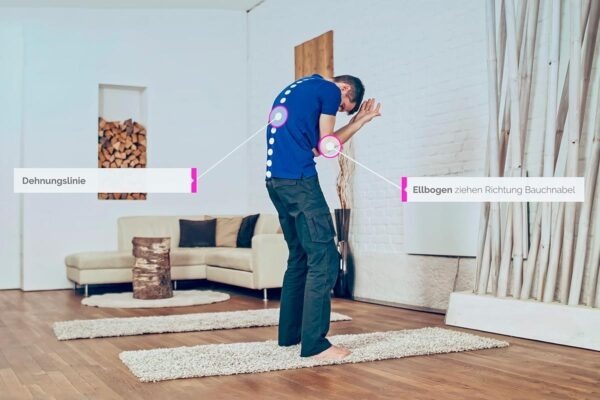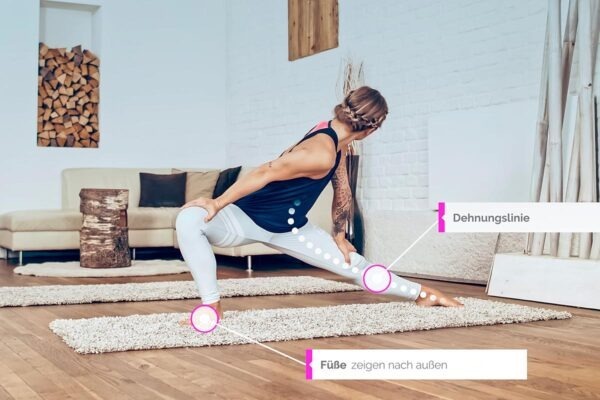Vipassana Meditation
Meditation of inner insight
VIPASSANA MEDITATION - MEDITATION OF INNER INSIGHT
Fundamentals of Vipassana Meditation:
The core idea of Vipassana meditation is to consciously observe one's own thoughts, feelings and body sensations without judgment. This is done through concentrated self-observation. The meditator sits quietly, closes his eyes and focuses his attention on the breath. The breath is consciously perceived as it flows through the body during inhalation and exhalation. This focus on the breath serves to calm the mind and bring it to the present.
The practice of mindfulness:
Mindfulness, a key aspect of Vipassana, involves closely observing all inner and outer experiences that occur during meditation. Thoughts, emotions, bodily sensations, and sensory perceptions are observed without judgment or evaluation. This process allows one to recognize the mutability and impermanence of all phenomena.
Silent meditation and retreats:
Vipassana is traditionally practiced in silent meditation retreats. Participants commit to remaining silent and meditating intensely for a set period of time. This retreat provides an ideal environment to fully focus on meditation and deepen one's practice. The period of silence allows participants to detach from external distractions and immerse themselves in the inner world.
The great path is very simple, but people love the detours.
Aphorisms of Lao Tzu & Chuang Dsi
The goals of Vipassana meditation:
Vipassana is traditionally practiced in silent meditation retreats. Participants commit to remaining silent and meditating intensely for a set period of time. This retreat provides an ideal environment to fully focus on meditation and deepen one's practice. The period of silence allows participants to detach from external distractions and immerse themselves in the inner world.
The universal application of Vipassana:
Although Vipassana meditation has its origins in Buddhism, in recent years it has also gained popularity outside this context. People of diverse spiritual backgrounds practice Vipassana to achieve inner peace, clarity, and insight. The technique is often considered a scientific method of mind that is universally applicable.Vipassana is traditionally practiced in silent meditation retreats. Participants commit to a period of silence and intense meditation. This retreat provides an ideal environment to fully focus on meditation and deepen one's practice. The period of silence allows participants to detach from external distractions and immerse themselves in the inner world.
Implementation in everyday life
The idea is that you incorporate the principles of mindfulness that you develop during sitting meditation into your everyday life. This allows you to bring a higher level of awareness and calmness into your daily life, regardless of the form your meditation sessions take.
- Regular sitting meditation: Schedule fixed times for your sitting meditation, ideally every day. This will help you establish a regular practice. For example, you can set aside 20-30 minutes in the morning or evening for your meditation. Keep this time sacred and consider it a commitment to your mental health.
- Conscious sitting in everyday life: You can also integrate the principles of sitting meditation into your daily life by repeatedly focusing on sitting itself. Whether you're working in the office, driving in a car, or standing in line, pay attention to your posture and feel the contact with the chair or floor. This reminds you to be in the present and can create moments of mindfulness.
- Breathing Pauses: Train them in everyday life by consciously noticing your senses. For example, you can ask yourself what you hear on the bus, in the shopping center, wherever you are. Close your eyes and listen to all sounds for 1 minute. You will feel how good it feels when you focus your energy on just one thing.
Or try to consciously enjoy every bite of food. If you're already thinking about your next appointment, you won't notice how good it tastes.
Sincerely,
Wolfgang
Our Most Popular Blog Posts
Qi Gong Easy Online Learning with Our Popular Courses
Back pain
Happy and healthy with Qi Gong.
Can Qi Gong Really Make Your Life Easier?
I say, "yes, but"...from my personal practice, and working with my clients, I know very well how good regular Qi Gong training is. Most people who practice qigong for some time also report feeling fitter, healthier and more emotionally balanced.
Why do I then say: "yes, but"? For the simple reason that even the best training does not lead to the desired success of a stress-free and healthy life, if I pull out my cell phone immediately after leaving the Qi Gong class or rush to the next appointment.
Wouldn't it be desirable to use the full potential of Qi Gong? To take concentration, calmness and balance into everyday life and thus achieve a better quality of life?
The Qi Gong training should not be something isolated, remote or even esoteric, for which one must persevere for years in a secluded monastery, in silence and cold. Qi Gong should flow into everyday life! Qi Gong should become something daily!
The great path is very simple, but people love the detours.
Aphorisms of Lao Tzu & Chuang Dsi
The 3 Qi Gong principles
Implementation in everyday life
To easily integrate Qi Gong into our daily lives, we have the 3 Qi Gong Basics.
The 3 basics include:
- conscious breathing,
- the right attitude,
- the mental concentration.
In Qi Gong we always consciously breathe into our belly, pay attention to a correct posture and focus our mind on one thing.
- BREATH: For example, you can end your day by consciously breathing while lying in bed. Put your hands on your stomach and watch how your abdominal wall rises when you breathe in and lowers when you breathe out. This is also a perfect way to help you fall asleep, because breathing can finally quiet your mind.
- HOLDING: Pay attention to this already at breakfast! Keep your spine straight, because this allows the energy to circulate freely even when sitting and the breath to flow more easily. Feel your feet in contact with the floor and your buttocks in contact with the chair. Your head floats on your spine. You can feel all this and still enjoy your breakfast roll and your tea, because now you are absolutely present in your body and your thoughts are not already at work.
Maybe you give up coffee in the morning now and then to spare your kidneys so that they can recover a little from their night shift. Because we know from Qi Gong that life energy is stored in the kidneys. Therefore, we want to take great care of this organ. Instead, drink a cup of hot water or tea and postpone coffee until the afternoon. - CONCENTRATION: Train them in everyday life by consciously noticing your senses. For example, you can ask yourself what you hear on the bus, in the shopping center, wherever you are. Close your eyes and listen to all sounds for 1 minute. You will feel how good it feels when you focus your energy on just one thing.
Or try to consciously enjoy every bite of food. If you're already thinking about your next appointment, you won't notice how good it tastes.
The movement art of Qi Gong is a wonderful way to improve the quality of life by learning to be in the here and now.
All 3 Qi Gong Basics help you to be more present in your life. Your quality of life will increase and you will feel more and more comfortable in your skin.
If you want more information on the 3 Basics, you can find them on our DVD's or online courses listed below this blog.
I wish you many wonderful experiences integrating Qi Gong into your daily life.
Sincerely,
Wolfgang
Our Most Popular Blog Posts
Qi Gong Easy Online Learning with Our Popular Courses
Back pain










